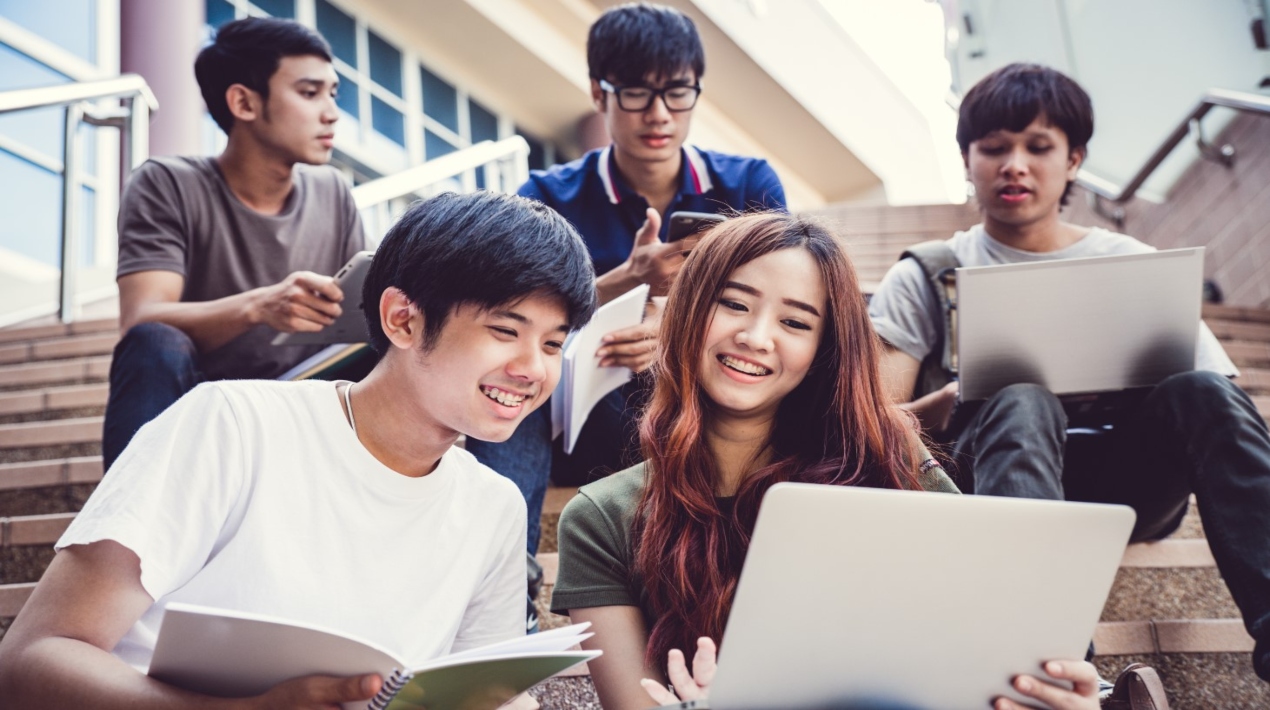
To improve the ecosystem and boost productivity, the Indonesian government continues to push for MSMEs to be digitised. The nation is also persistent in encouraging local entrepreneurs to participate in the digital economy by strengthening the MSME and e-commerce ecosystems.
“For students who want to become entrepreneurs, the Government has prepared various integrated financing schemes. For novice entrepreneurs who are just starting micro and small businesses, there are several other programmes,” says Airlangga, Coordinating Minister for Economic Affairs.
He envisioned those scholars and students would be able to combine their knowledge and ability to read business opportunities so that the number of entrepreneurs born from higher education would increase.
On the other hand, universities can also increase their role not only as a place of learning but also to encourage financial literacy for students which will also be a provision for entrepreneurship, “That collaboration between universities and the government also needs to be carried out in supporting financial inclusion programmes.”
According to Coordinating Minister Airlangga, the government is committed to helping the younger generation flourish through a variety of skill-building initiatives. The nation is promoting the advancement of digital skills, which range from beginner to advanced levels.
The programme supports include the Pre-Employment Card, the National Digital Literacy Movement, the Digital Talent Scholarship, the Digital Leadership Academy and the Sea Labs Academy.
This is carried out to help the more than 191 million people in the productive age group, the bulk of whom are members of Generation Z and the Millennial Generation. The current generation is expected to be able to optimise various digitalisation opportunities in various sectors. Digital skills development is estimated to contribute to the country’s digital transformation.
This will be an opportunity for the Indonesian economy, and must be utilised as well as possible and digital talent is also very much needed to accelerate the number of entrepreneurs in Indonesia, according to Coordinating Minister Airlangga.
Furthermore, specifically for the Pre-Employment Card, in the last two years, more than 12 million recipients had received it. The Pre-Employment Card Programme has helped a third of the recipients who previously did not find work to become employed, either as entrepreneurs or as employees.
Meanwhile, the Indonesian National Police (Polri) was encouraged by the government to continue innovating, be adaptive, responsive, and able to transform into a modern institution. President Joko Widodo has reminded the Polri that the sense of justice and the benefit of the law should be felt by the people of Indonesia. According to him, the National Police must prioritise the prevention efforts in maintaining security and public order and carry out various police actions in a humanistic, but firm manner when needed.
The President also explained that Indonesia still had to face many challenges, including the National Police. In addition to the Covid-19 pandemic which still requires serious handling, the government must also be aware of global uncertainties ranging from energy to financial crises, as well as the threat of the latest technology-based crimes.
With this, President Jokowi outlined several national agendas that require support from the National Police, including the Nusantara Capital City (IKN) development project. He has requested that the National Police should monitor the construction of the IKN, which will serve as the engine for future progress of Indonesia.
In addition, the Head of State asked the National Police to be able to oversee the entire series of G20 activities that have taken place until the peak of the G20 Summit which will be held in Bali Province in November.
















